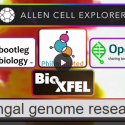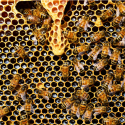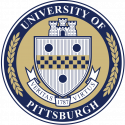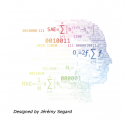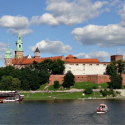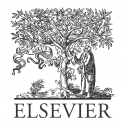Understanding the origins and nature of biological individual constitute important problems in the biological sciences. For instance, what separates a genuine biological individual from an aggregate of lower units, or from a population of interacting lower entities? Answering these questions could permit us to understand better the status of ant colonies or honey bees, for it is not clear where do they belong. Furthermore, in recent years multispecies ensembles made of host and their symbiotic microorganisms (‘holobionts’), has been called the real unit upon which natural selection act, which has led to a debate involving both biologists and philosophers of biology. The aim of this conference is to explore the philosophical issues that have been raised over the concept of biological individuality. We welcome any submissions that touch those problems, including attempts to answer the following questions:
What makes a group of objects an individual?
Is there one proper way of individualization?
Can we have more than one concept of biological individuality?
What is the role of biological practice in those debates?
How biological individuals evolve?
Keynote speakers:
Dominika Włoch-Salamon (Jagiellonian University) is a biologist interested in social behaviour of microorganisms, experimental evolution and programmed cell death.
Learn more about Dominika: http://www.eko.uj.edu.pl/en_GB/zespol-genetyki-ewolucyjnej/badania
Pierrick Bourrat (Macquarie University and the University of Sydney) is a philosopher of biology interested in evolutionary theory, and evolutionary individuality.
Learn more abour Pierrick: http://pierrickbourrat.com/
General Information
Organizers
Institute of Philosophy, Jagiellonian University
Coordinator: Adrian Stencel
Who can apply?
Philosophers, biologists, medical doctors, and any other scholars, at any point in their career, who are interested in this subject.
Language
English is the conference language.
Where and when will the conference be held?
In Kraków, 11 October 2019.
How to apply?
Send an abstract (maximum 500 words) before 25 August 2019 to: philbio.workshops@gmail.com
All decisions will be made prior to 5 September 2019.

